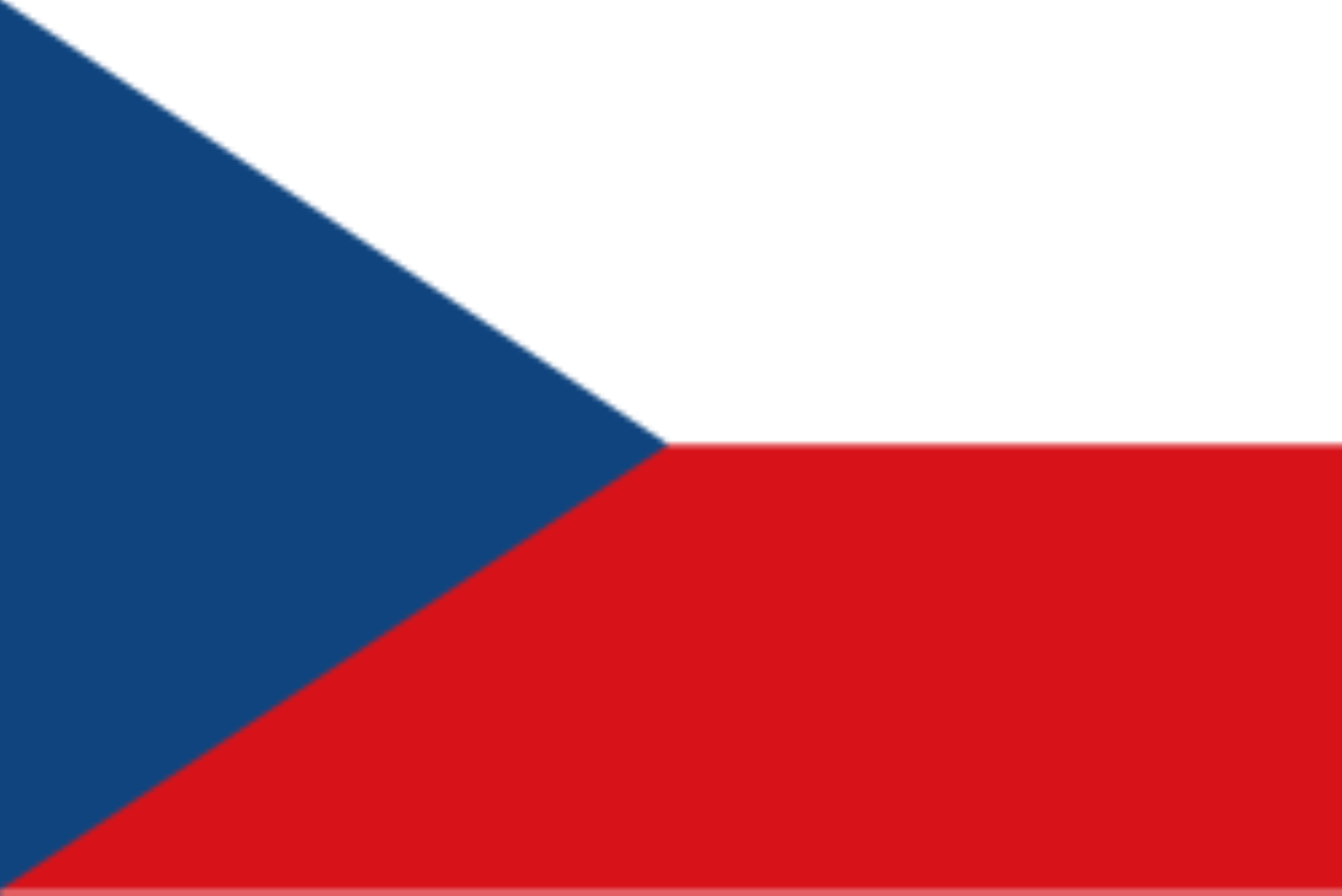
Also known as Czechia (and historically as Bohemia), the Czech Republic a landlocked country in Central Europe, bordered by Germany, Poland, Slovakia and Austria. The country is known for its rich history, with influences from Slavic, Germanic, and Austro-Hungarian cultures, landscapes varied with rolling hills, mountains, forests, and river valleys, medieval architecture, castles, beer culture, and classical music heritage. Czechia was formerly part of Czechoslovakia until it became independent in 1993 from Slovakia after the peaceful split known as the Velvet Divorce. It is now a parliamentary republic and a member of the European Union (EU), NATO, and the Schengen Area.
Its capital, Prague (Praha), is often referred to as 'The City of a Hundred Spires' due to its many historic churches and towers. It lies on the Vltava River, and it is largest city in the country. Prague is one of the most beautiful and well-preserved cities in Europe, with a history dating back over a thousand years. It features historic landmarks like Prague Castle (the largest ancient castle in the world), the Charles Bridge, Old Town Square (home to the Astronomical Clock and colourful baroque buildings), and St. Vitus Cathedral, and the city is also a cultural hub, known for its theatres, museums, art galleries, and music festivals. It blends Gothic, Baroque, Renaissance, and modernist architecture, creating a cityscape admired by visitors from around the world.
Flooding, along with windstorms, hailstorms, landslides, snowdrifts, extreme temperatures, and occasional earthquakes.
Fines for driving and road-related violations include the following:
authorities can present on-the‑spot fines, with a possible loss of licence for specific offences. Police may perform breathalyser tests and confiscate onsite if warranted.
Other offences include:
Non‑EU (including UK) nationals must register their address with Foreign Police within 3 days of arrival (or their hotel can do it for them). Failure to register can result in a fine of up to 3,000Kč (~£106). Fines are also issued for actions in national parks such as unauthorized drone use, illegal camping, littering, lighting open fires, hiking off designated paths, illegal parking, and entering restricted zones.
The official language of Czechia is Czech, but German and Russian are also spoken.
In Czechia, vehicles drive on the right, with overtaking on the left. At unmarked intersections, give way to the right. Additionally, headlights must be on at all times, day and night, and winter tyres are required where snow, ice, or frost is expected (November 1st – March 31st). Signs showing a car with snowflake indicate these zones. Snow chains may be used only on completely covered roads.
The minimum age to drive is 18, where the age to rent is usually 21, but some rental companies require drivers to have held a valid licence for at least one year, and/or charging a young driver surcharge for drivers under 25. UK licence holders don't need an International Driving Permit (IDP), unless if they have an older paper licence, or one from the Isle of Man, Gibraltar, Guernsey, or Jersey. Third‑party insurance is mandatory is Czechia. And while Czech‑registered vehicles no longer need a physical Green Card, it’s still wise for foreign drivers to carry one (paper or digital) as proof of insurance.
Vignettes (motorway toll stickers) are mandatory for vehicles up to 3.5 tonnes on motorways and expressways. Since 2021, these stickers are electronic, not physical, and can be purchase via the official portal edalnice.cz, or at petrol stations, post offices, and border points.
Fuel stations are ubiquitous, with strong coverage across cities, rural areas, and along highways. However, stations are a bit scarcer in Prague, particularly in central areas, so it's wise to refuel before entering the city or as you exit the centre. Natural 95 (Super), Natural 98 (Super Plus) and Diesel (Nafta) are common in petrol stations, with LPG, CNG, electric, and even hydrogen being available, though less common. Most stations follow the 'pump first, pay inside' model, with some may accept euros (at unfavourable exchange rates), and are often open 24/7.
Zero-alcohol blood limit for all drivers.
Seat belts must be worn by all occupants.
Children under 150cm or 36kg must use a proper child restraint.